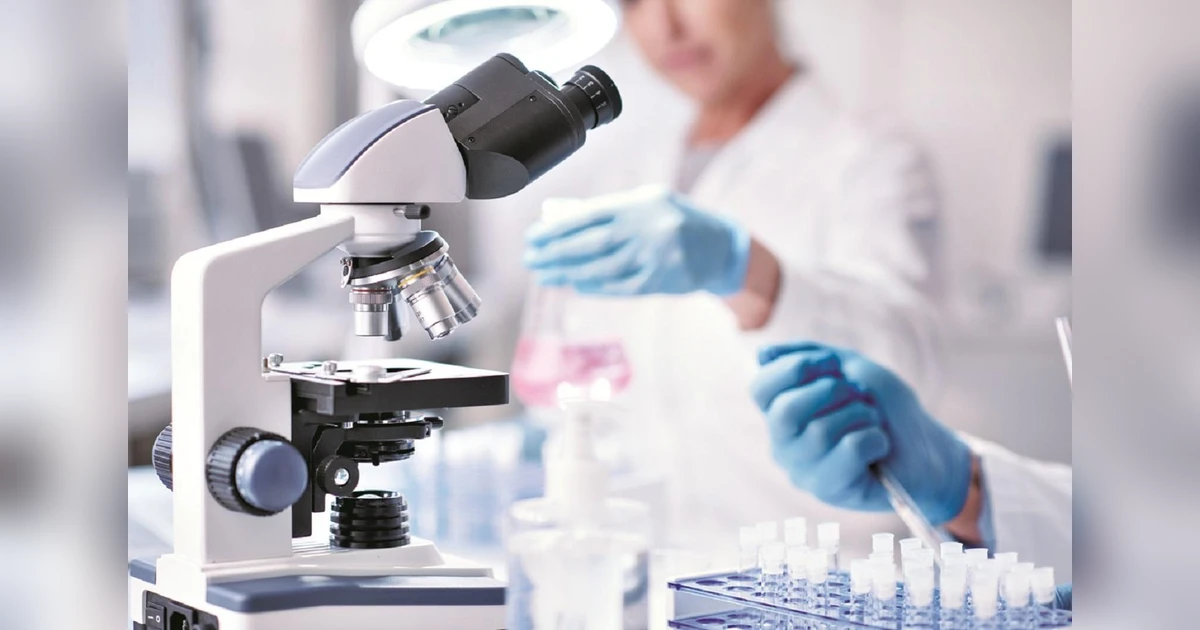Science
WHO Warns of Rising Drug-Resistant Bacteria Crisis

The World Health Organization (WHO) has raised alarms over a significant increase in drug-resistant bacteria, highlighting a crisis in the development of innovative treatments. In a report released on March 15, 2024, the organization pointed out that the gap between existing therapies and the growing threat posed by resistant strains of pathogens is widening.
The WHO’s findings indicate that the frequency of infections caused by drug-resistant bacteria is surging, leading to higher rates of morbidity and mortality globally. According to the report, these infections are responsible for an estimated 700,000 deaths annually, a figure that could rise dramatically if new treatments are not developed.
Challenges in Drug Development
Despite the pressing need for new solutions, the WHO notes that there is a lack of innovative drugs entering the market. The current pharmaceutical landscape is characterized by a stagnation in the development pipeline, with only a handful of new antibiotics being approved in recent years. The report emphasizes that this shortage is due in part to insufficient investment in research and development, particularly for antibiotics that may not offer immediate financial returns for pharmaceutical companies.
The WHO has called for enhanced collaboration between governments, the private sector, and international organizations to address these gaps. The organization advocates for increased funding for research initiatives aimed at combating antibiotic resistance. In addition, there is an urgent need for policies that incentivize the development of new antimicrobial agents, as the existing arsenal of antibiotics continues to diminish in effectiveness.
Global Impact and Future Directions
The implications of rising drug resistance extend beyond individual health. Economically, drug-resistant infections can strain healthcare systems, leading to longer hospital stays, increased medical costs, and a higher burden on healthcare resources. The WHO report underscores the importance of a coordinated global response to this crisis, suggesting that countries implement comprehensive surveillance systems to monitor antibiotic use and resistance patterns.
Moreover, the WHO has emphasized the importance of public awareness campaigns to educate communities about responsible antibiotic use. Such initiatives are vital to curbing the spread of resistance, as misuse and overuse of antibiotics in both humans and livestock contribute to the growing problem.
In conclusion, the WHO’s report serves as a critical reminder of the urgent need for innovation in the field of antibiotics. Without proactive measures, the consequences of unchecked drug-resistant bacteria could have severe repercussions for global health, potentially reversing decades of progress in medicine. The call to action is clear: a unified global effort is necessary to tackle this emerging threat and ensure the future efficacy of antibiotic treatments.
-

 Science2 weeks ago
Science2 weeks agoNostradamus’ 2026 Predictions: Star Death and Dark Events Loom
-

 Technology1 month ago
Technology1 month agoOpenAI to Implement Age Verification for ChatGPT by December 2025
-

 Technology6 months ago
Technology6 months agoDiscover the Top 10 Calorie Counting Apps of 2025
-

 Health4 months ago
Health4 months agoBella Hadid Shares Health Update After Treatment for Lyme Disease
-

 Health4 months ago
Health4 months agoAnalysts Project Stronger Growth for Apple’s iPhone 17 Lineup
-

 Health4 months ago
Health4 months agoErin Bates Shares Recovery Update Following Sepsis Complications
-

 Technology4 months ago
Technology4 months agoElectric Moto Influencer Surronster Arrested in Tijuana
-

 Technology5 months ago
Technology5 months agoDiscover How to Reverse Image Search Using ChatGPT Effortlessly
-

 Technology6 months ago
Technology6 months agoMeta Initiates $60B AI Data Center Expansion, Starting in Ohio
-

 Technology6 months ago
Technology6 months agoRecovering a Suspended TikTok Account: A Step-by-Step Guide
-

 Education4 months ago
Education4 months agoHarvard Secures Court Victory Over Federal Funding Cuts
-

 Technology2 months ago
Technology2 months agoDiscover 2025’s Top GPUs for Exceptional 4K Gaming Performance





















